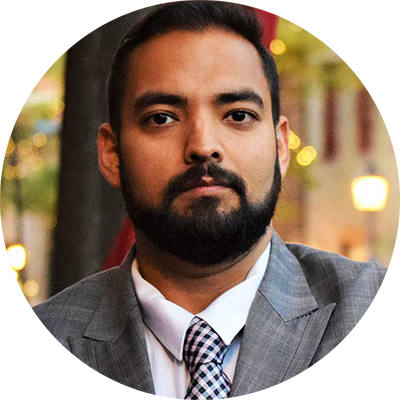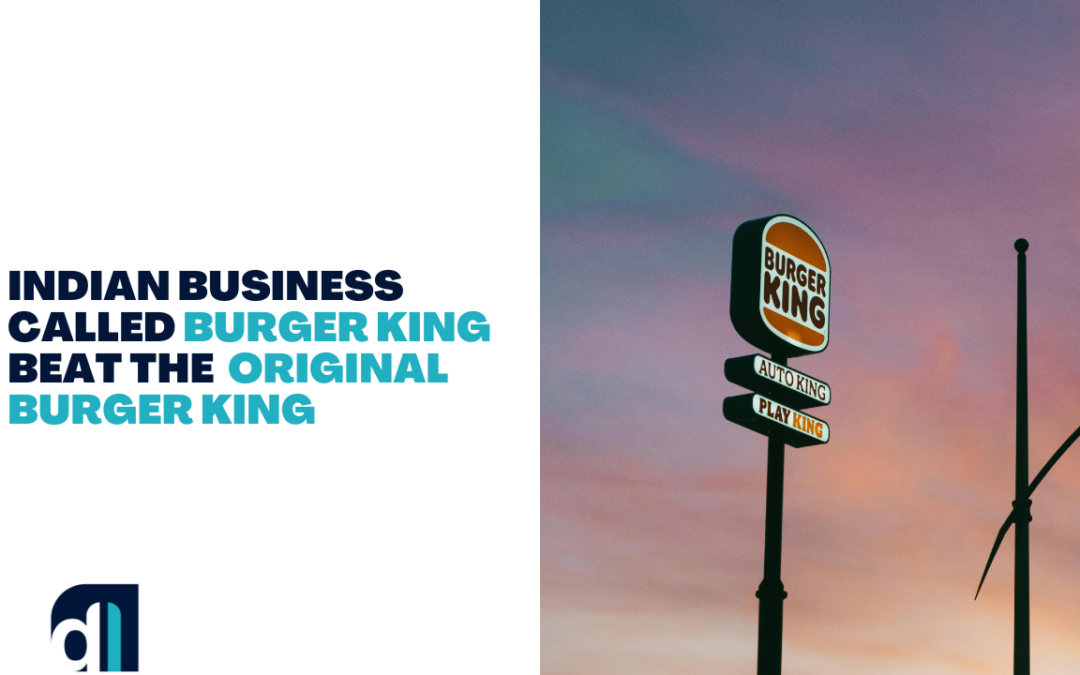Recently, a legal controversy was sparked in Pune involving one of the world’s most recognized fast-food chains—Burger King. The case pertains to the issue of trademark infringement and its outcome has initiated conversations amongst businesspeople. The case serves as a fresh reminder of the technicalities of intellectual property law and the importance of protecting one’s brand identity in an increasingly competitive market.
Burger King v. Burger King – an overview
Burger King recently lost a 13-year long legal feud against an Indian restaurant with the same name. The case was filed in the District court of Pune city, in the western state of Maharashtra, by the Burger King Corporation on the grounds of trademark infringement by the defendant i.e. Burger King. The case was eventually dismissed on the grounds that the restaurant had been operative since 1992 which predates the establishment of the multinational company in the country.
Burger King Corporation was founded in 1954 as Insta-Burger King and rebranded as “Burger King” in 1959. The fast-food chain set foot in the Indian market in November 2014 where it opened its first outlet in Delhi and arrived in Pune in the subsequent year.
The legal battle was initiated when the company had sent a cease-and-desist notice to the defendant in 2009, after discovering that a Parsi couple, Anahita Irani and Shapoor Irani, were using the name Burger King for their restaurant. The couple responded that the plaintiffs did not have any standing within the common law to claim the rights as there were no Burger King franchises operating in India at the time when the defendant’s restaurant was established.
The Burger King Corporation ultimately filed a trademark infringement lawsuit in 2011 against the Pune restaurant on the grounds that its name was a violation of the plaintiff’s trademark rights. Particularly, the defendant contended that its trademark holds “tremendous reputation and goodwill” therefore “any adoption or use of an identical mark or a deceptively similar mark by any trader would be dishonest, malafide and therefore contrary to law.” They also stated in the lawsuit that “the likely losses, damage and harm to its goodwill and business and reputation due to the unlawful acts of the defendants are unquantifiable and irreparable.” Based on these foregoings, Burger King Corporation sought injunction against the defendant to cease their use of the similar name (hence the lawsuit), and also requested the court for damages.
The Pune couple defended themselves on the basis of ‘prior usage’ argument i.e. their usage of the name for their restaurant since 1992 which predates the establishment of the corporation in the Indian market.
“They have been honestly using this name with no intentions of deceiving anyone and was in fact not even aware of plaintiff’s existence…The plaintiff has no reputation in India as it has not entered in India and commenced business as yet. Therefore, it cannot be said that the plaintiff is prior user of its trade mark in India,” according to the lawsuit.
They further asserted that the mark of the defendants bears no similarity with the mark of the plaintiff which would result in causing confusion amongst the consumers. “The design used by the plaintiff is of the word Burger King between two semi circles. The combination of colors i.e. the words Burger King written in Red and the two semi circles in yellow with a blue coating around it is distinct. On the other hand, the defendants use a crown between the words Burger King to depict the word Burger King, whereas it appears that plaintiffs have never used it. Thus, as far as visual deception is concerned, there’s none.”
As the case continued, the defendants changed the name of their restaurant to Burger. However, they filed a counterclaim against the plaintiff to seek Rs 2m (£18,377) in damages for reasons that the lawsuit had caused irreparable harm to their business which resulted in significant financial loss. The claim was rejected by the court as the defendants had provided “no supporting evidence to prove the actual damages caused”.
As far as this suit of injunction by Burger King Corporation is concerned, the court ruled that it had “miserably failed” to prove the infringement caused by the Pune restaurant. The case concluded with the ruling that the corporation was not entitled to any damages and the defendants could rightfully continue to use the name for their restaurant.
“Thus, in the absence of cogent evidence, I find that the plaintiff is not entitled for damages, rendition of accounts and the relief of perpetual injunction,” stated the District judge.
Key takeaways from this case
The case stands as a firm reminder to cover the basics of your business on a global scale. Specifically, it highlights the following lessons for all global brands:
Proactive trademark registrations:
Brands like Burger King, which hold a global reach, are known for their consistency i.e. their name, logo, and the overall brand identity are instantly recognizable worldwide. However, this recent case is indicative of how even a global brand can suffer if there are gaps in its intellectual property protection. The case reinforces the idea that you should register your trademarks in every market if you have plans of international expansion, even if that expansion plan doesn’t involve a particular market/jurisdiction.
Continuous and vigilant monitoring of trademarks:
Brands with international registrations have an important responsibility of continuous monitoring of their trademarks. The loss in this case occurred most likely because of a potential oversight on the business’s part in their trademark enforcement. Continuous monitoring is the key, especially in markets where the business is still in the process of expanding its reach or where the legal protections are not that robust.
Legal Counseling:
The issues discussed above are best resolved if you have proper legal guidance. Businesses are able to dodge bullets in advance by simply having professional services at hand. Hiring a trademark attorney for the business not only means effectively protecting and enforcing your trademark rights but also avoiding unnecessary legal feuds and the resulting costs.
If you are looking for an experienced trademark counsel, you can book a free consultation today with Drishti Law to learn how our principal attorney can guide you in your copyright matters.

Sahil Malhotra
Sahil Malhotra is an Intellectual Property Attorney, who founded Drishti (“vision”) law because of his vision in protecting dreams and ideas.
He provided individuals and small businesses with an opportunity to enhance their IP’s value by helping them register trademarks and successfully argue against office actions. In addition to his training and experience, he has been deeply involved in the multifaceted IP portfolio at UIC and continues to be associated with IP organizations and conferences.
To know more about Sahil Malhotra — Click Here
You may follow Sahil Malhotra on Facebook: Sahil Malhotra and on Instagram: @Sahil Malhotra

